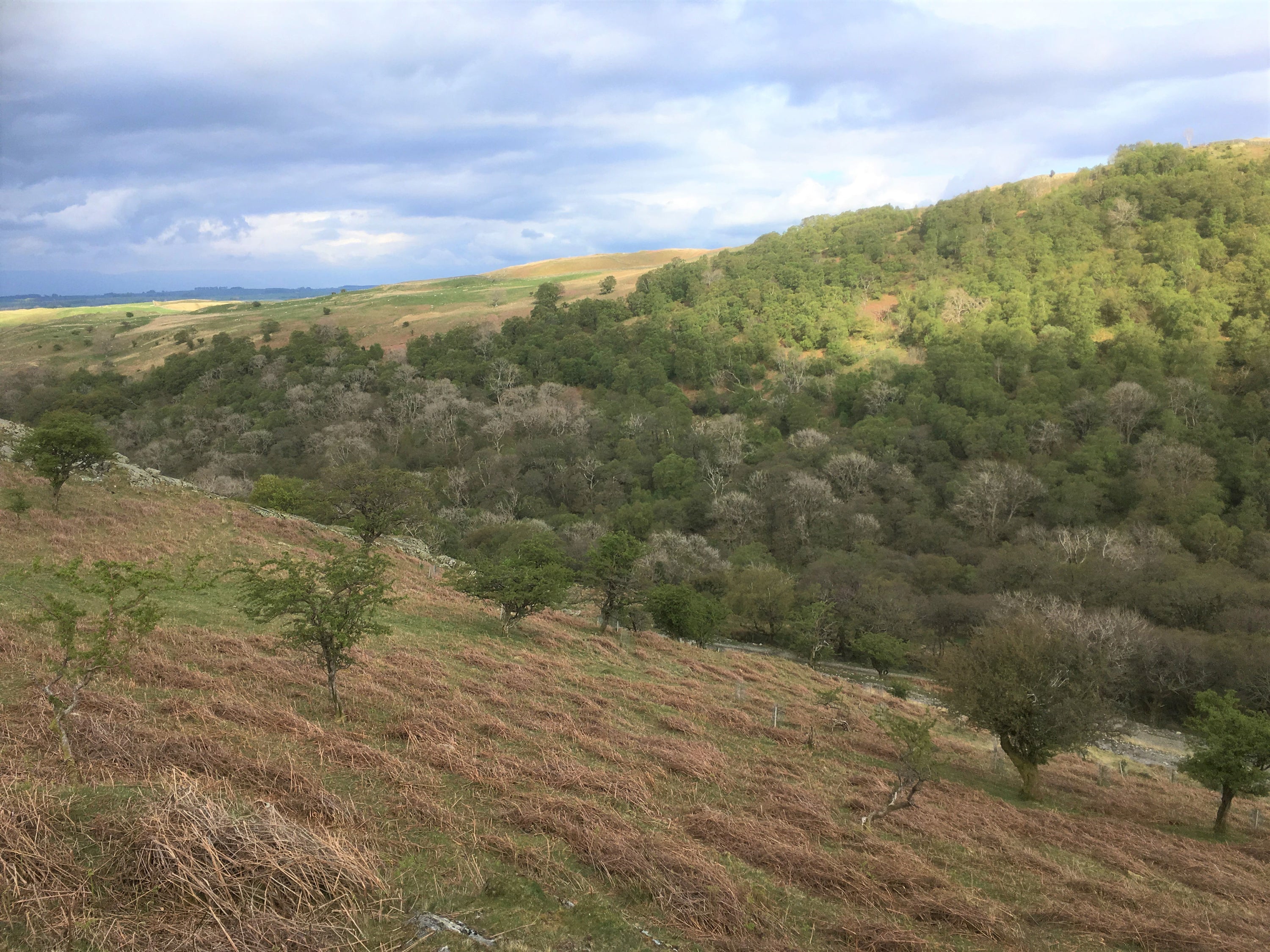Funding to rewild and restore landscapes is ‘essential’, Government warned
Call for Government to clarify plans for funding ‘landscape recovery’ schemes in England, amid concerns ambition could be scaled back.

Sufficient funding for restoring whole landscapes is “essential” to tackle the nature and climate crises, the Government has been warned.
Environmentalists are concerned ministers could scale back plans for large “landscape recovery” projects including rewilding schemes under the Government’s new post-Brexit land management regime in England.
It is one of three strands of the new programme being phased in over seven years, alongside incentives for sustainable farming practices and local nature projects such as creating wetlands, meadows or hedgerows.
Each were expected to each receive roughly a third share – £800 million – of the annual Government spending on English farm and land management payments by 2028, which is currently around £2.4 billion.
Last week the Government confirmed it would spend £50 million on the landscape recovery element of the scheme over the next three years, with plans to choose up to 15 pilots from 51 applications later this summer.
Officials insisted the plans for the scheme had not changed – with the £50 million understood to be for the pilot programme – but said they will not have fixed funding allocations for different strands as they want the flexibility to be able manage the overall budget to achieve legal targets to conserve nature.
But Professor Alastair Driver, director of the charity Rewilding Britain, said the Government should set out its current thinking on the likely funding split to avoid the confusion now circulating among farmers, landowners and environmentalists and help them plan for the future.
He said it was concerning that the landscape recovery strand might be reduced, as it was the “bit that can really make a difference” for nature.
He warned the sustainable farming initiative could take decades to deliver for nature, while the local recovery projects were similar to existing countryside stewardship schemes and would not on their own reverse the declines in wildlife.
“Landscape recovery is the bit that can really make a difference. The other two are very important, they must be retained and deliver.
“With the landscape recovery component you are looking at very significant change from day one,” he said, with rewilding projects ceasing inputs such as pesticides, cutting medications for grazing animals to the bare minimum, and restoring natural systems.
It's essential this landscape recovery component is properly funded
“I know from the dozens of projects I have visited, you will very quickly see significant recovery in certain species and habitats.
“Without the landscape recovery component, it is more or less just an enhanced version of where we were before.
“You’ve got to have these three complementary tiers, they’re absolutely essential and it’s essential this landscape recovery component is properly funded,” he urged.
He said the landscape recovery component was not just about rewilding, in which natural processes are restored to the point that nature can take care of itself, and could include other things like peatbog restoration.
And it would deliver additional benefits in tackling climate change, such as reducing flooding from more severe rainfall and storing carbon, cutting run-off to improve water quality, supporting upland communities where farming is marginal.
The Government has committed to switching from the EU subsidy system which mostly paid land managers for the amount of land farmed, to providing public money for delivering public goods such as nature protection, clean air and water, carbon storage and access to the countryside.
Prof Driver said: “The Treasury will be very upset if this public money for public goods scheme, which they have signed off with Government, doesn’t deliver the environmental and economic benefits that have been so clearly proven to be inextricably linked.
“If it doesn’t deliver then there’s a serious risk they might just abandon subsidies altogether and that cannot be good for farming and it cannot be good for sustainable land use.”
There has been pressure on the Government from some in the farming sector to concentrate on food production and security over the environment in the face of the invasion of Ukraine and the cost-of-living crisis.
But Prof Driver said rewilding schemes were focused on unproductive or marginal land, often continued to produce food such as high quality meat from grazing animals, and only cover a tiny fraction of the UK’s land.